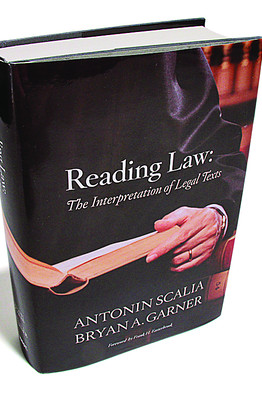Democrats regard federalism as quaint, Republicans at least pay lip service to it
By David B. Rivkin Jr. and Elizabeth Price Foley
In the presidential debates, Barack Obama and Mitt Romney ranged across dozens of topics, but an important one didn’t come up: federalism. And no wonder.
The idea that the Constitution grants only limited and enumerated powers and leaves the remainder to the states is foreign to those who believe that the national government should or even could address voters’ every concern. But contrary to the view widely shared by the political class, Washington—in particular, Congress—does not have the power to pass any law it wants in the name of the “general welfare.”
Politicians should take heed. Voters are increasingly focused on the proper role of government in society: Witness the rise of the tea party and unease over the massive debt caused by entitlements and other government handouts. The continuing loud objection to ObamaCare’s takeover of health care shows that voters want to preserve the Constitution’s architecture of limited federal power.

